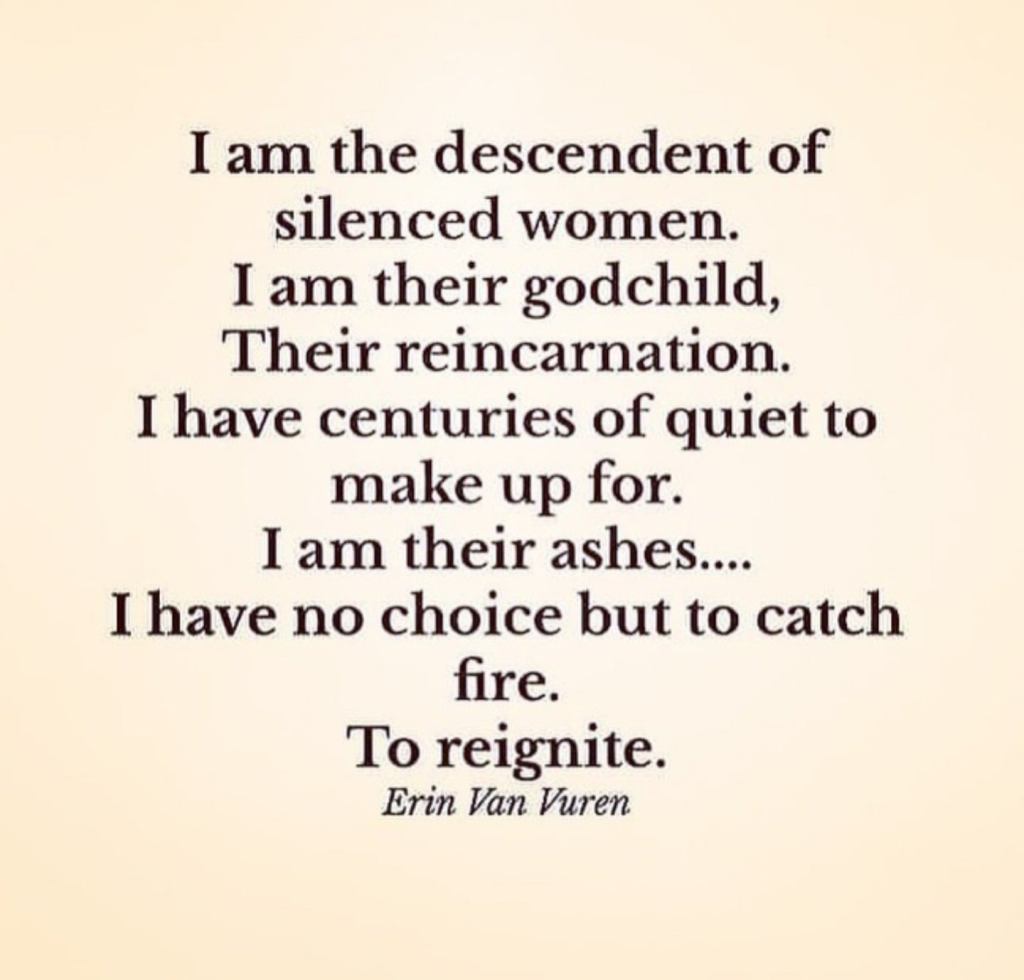
In 2012, I participated in an online course with Jean Houston titled Awakening to Your Life’s Purpose. In 2016, I spent a week at her home in Oregon with other participants attending what was titled Electing Yourself. I remember that she was certain that Trump would not be elected but as we all know, he was (regardless of how one might interpret the validity of his election).
In the August 2016 Salon, I took the “hot seat” and commented that I had not discovered my Life’s Purpose previously. I didn’t discover it at that Salon either.
But beginning in the fall of 2017, I began a personal roots journey to discover who my genetic grandparents were, since both of my parents were adoptees and both died with almost no knowledge of their origins (1930s closed, sealed adoptions). I succeeded beyond any of my wildest dreams and now feel whole in ways I did not feel for almost 6 decades of my life. Now that I and my related family members know who these people were, no one can take that back away from any of us. I am still integrating my own new awareness and this has had to include re-owning my relatives via adoption. Once I knew my family’s truths, for awhile, the adoptive family no longer felt “real” to me. Now I can embrace all of them (personally known and never having met) as important in my own lifetime.
Part of that new understanding was realizing what a minor miracle it was that my unwed, high school student mother had not been forced to give me up for adoption.
I believe I was preserved in the family I was conceived within to reconnect the severed threads of my family’s origins. Having done that, I continue to educate myself about all things adoption and that has led me to write this daily blog (with some gaps unavoidably occurring). Sometimes, I think I have written enough, sharing what I learn with anyone else who is interested for whatever reason. But there always seems to be something more to say. My daughter once said to me – it seems like you are on a mission. I accept that is true – I do what I can to spread the word about the trauma and unintended consequences experienced by adopted persons. Until there isn’t anything more to share, I will continue to write here.
The late Dr Wayne Dyer wrote in Staying on the Path, pg 68 – “A purpose is not something that you’re going to find. It’s something that will find you. And it will find you only when you’re ready and not before.” Dr Dyer actually died just before my own mother did in 2015. My dad died a short 4 months later. They had been high school sweethearts and remained married for over 50 years. Both were gone before I could share my own family origin discoveries with them.








